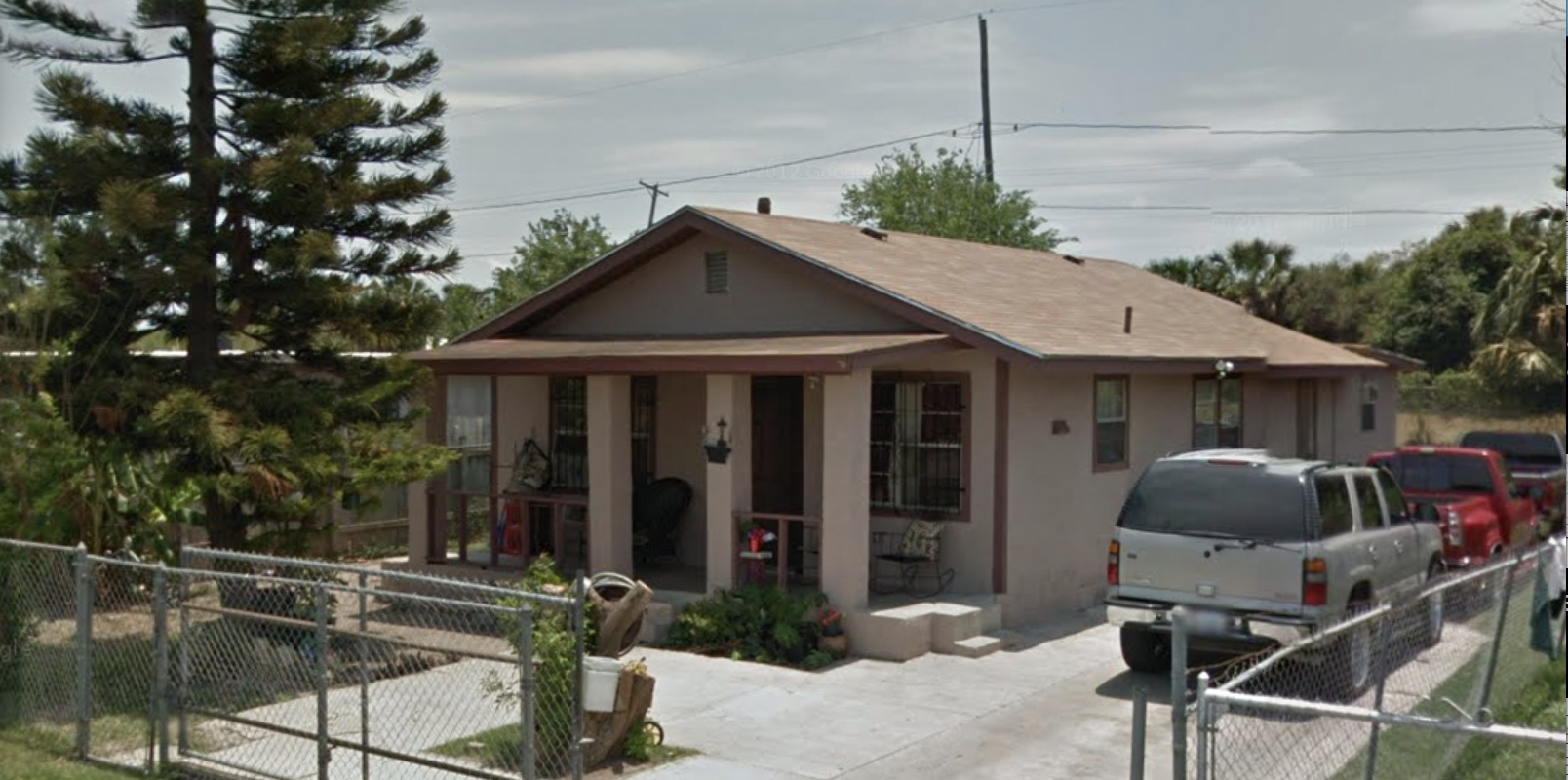Uncle Sam gives, and Uncle Sam takes away.
But in the case of buying local Rio Grande Valley investment properties… you can earn investment property tax deductions for your Rio Grande Valley properties.
For real estate investors, the United States provides the opportunity to earn a living purchasing investment properties… and holding those properties as investments, and of course the income from those properties is taxed.
But many new investors often overlook tax deductions that could have an impact on their bottom line. Today, we’re going to take a look that Rio Grande Valley Texas real estate investors can take advantage of.
Income Sources You Can Potentially Deduct
- Repairs and expenses paid by rental tenants are considered income. This could include an emergency water heater repair that tenant took care of on his own. These repairs can be deducted.
- In some cases, tenants will trade repairs and upgrades to a rental unit for a reduction of rent. These services can be deducted, so long as they’re claimed as income, and must be charged at fair market value. You cannot work out a deal with your tenant to fix a light switch for three months rent, then deduct that ludicrous “income” on your tax return.
Security Deposits
A security deposit is not taxable, based on the thought that your intent is to return this deposit at the end of a lease term. However, if a tenant breaks the lease and forfeits his or her deposit, you can claim the security deposit as income, so long as the deposit is used to make repairs.
These repairs are deductible expenses.
Make sure with your accountant or local property manager that they’re handing your security deposit accounting correctly so you’re not paying income tax on security deposits that you’ll be turning right around and paying back when a tenant leave.
Other Common Investment Property Tax Deductions
- The portion of your mortgage that is directed towards interest is 100% tax-deductible. Your mortgage lender will provide you a form in January stating this total.
- Travel to and from the property to make improvements, show the property, or collect rent are considered work expenses, and deductible.
- Certain deductible expenses that investment property owners take advantage of include taxes, insurance, tax return preparation costs, lawn & garden care, losses resulting from theft or “acts of god” (floods, earthquakes, and other disasters), legal and professional services.
- Depreciation on the value of the property is deductible. This can be complicated to calculate, and it’s recommended to speak with a local Rio Grande Valley accountant.
- Your home office, if used to run your real estate investment business, can help generate tax deductions as well as long as the home office meets the minimum requirements (consult your tax advisor)
By taking advantage of all applicable tax deductions, investment property owners can increase their revenue and reduce their tax liability, opening the possibility to purchase additional properties. There may be other ways to decrease your tax liability. Talk to your financial advisor or certified public accountant, as they typically keep abreast of new tax deductions that Rio Grande Valley investment property owners can claim.
